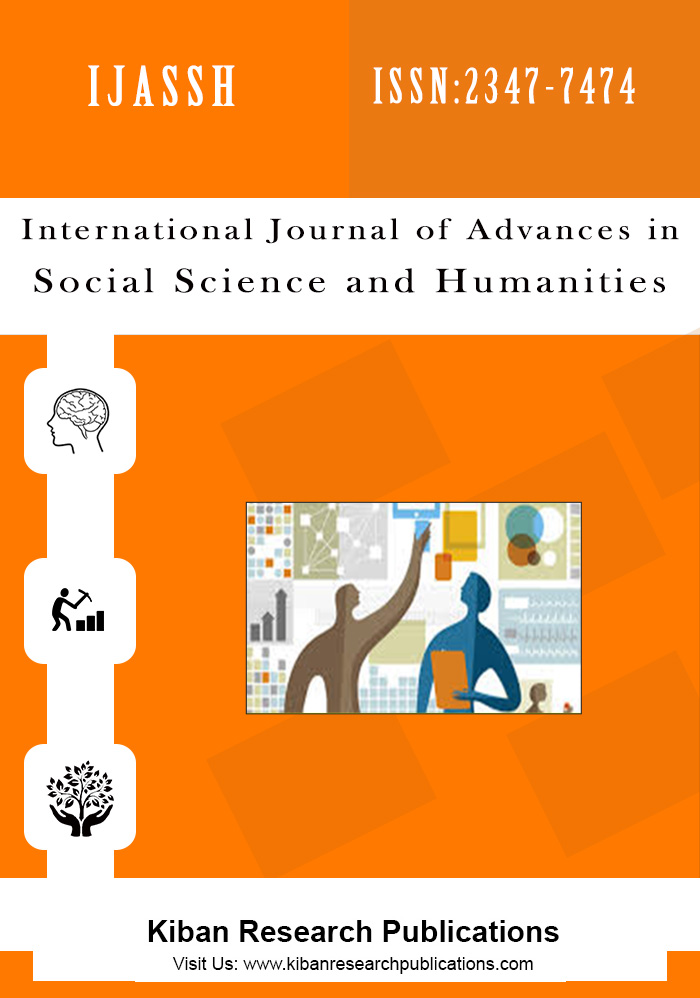Interaction between Empowerment, Economic Activity and Mother-child Bonding
Abstract
 A log-linear analysis tested for the association between parental bonding, mother’s economic activity and empowerment in 152 mother-child pairs from five rural Maya communities in the Yucatan Peninsula, Mexico. Three groups of mothers, further classified as empowered or un-empowered, were compared. These were: women who did not participate in any income generating activities (TW), those who increased their participation in traditionally accepted income generating activities for women (WTI) and those who became full time wage earners at a new local assembly plant, a non-traditional income generating activity (WNTI). Empowerment significantly modified the association between occupation and parental bonding. There was an interaction effect between the three variables. Empowerment had a negligible effect on WNTI, it weakened the bonds of TW and it improved those of WTI. Results support previous observations the idea that in rural areas imported income generating activities create novel ecological conditions that increase the vulnerability of the women who participate in them and have a negative effect on their relationship with their children. They also show that an increase in culturally acceptable means of generating wealth will not in itself improve their well-being. To do so, women must also be empowered.
Â
Keywords: Parental bonds, Empowerment, Economic activity, Maya communities, Globalization, Well-being.




